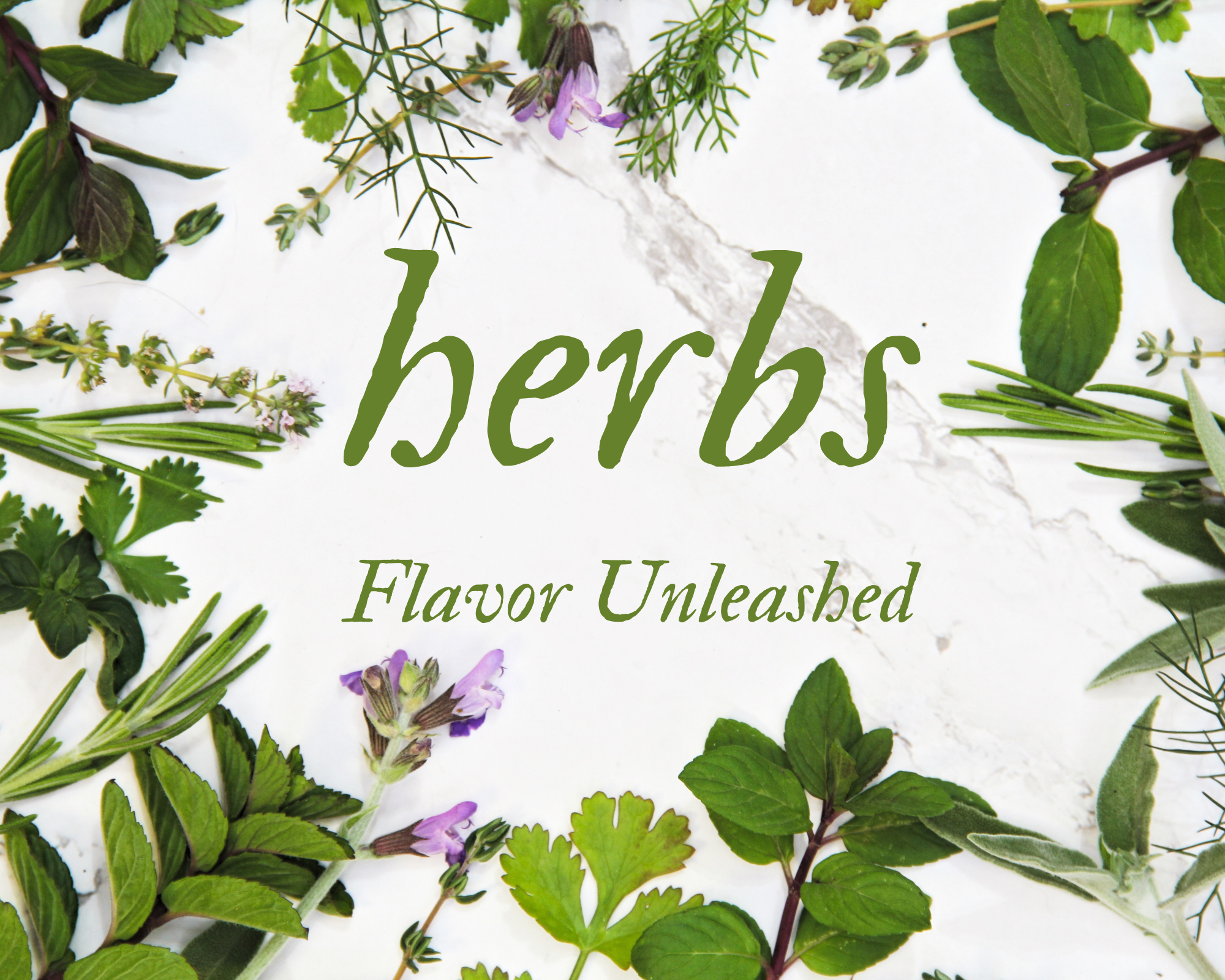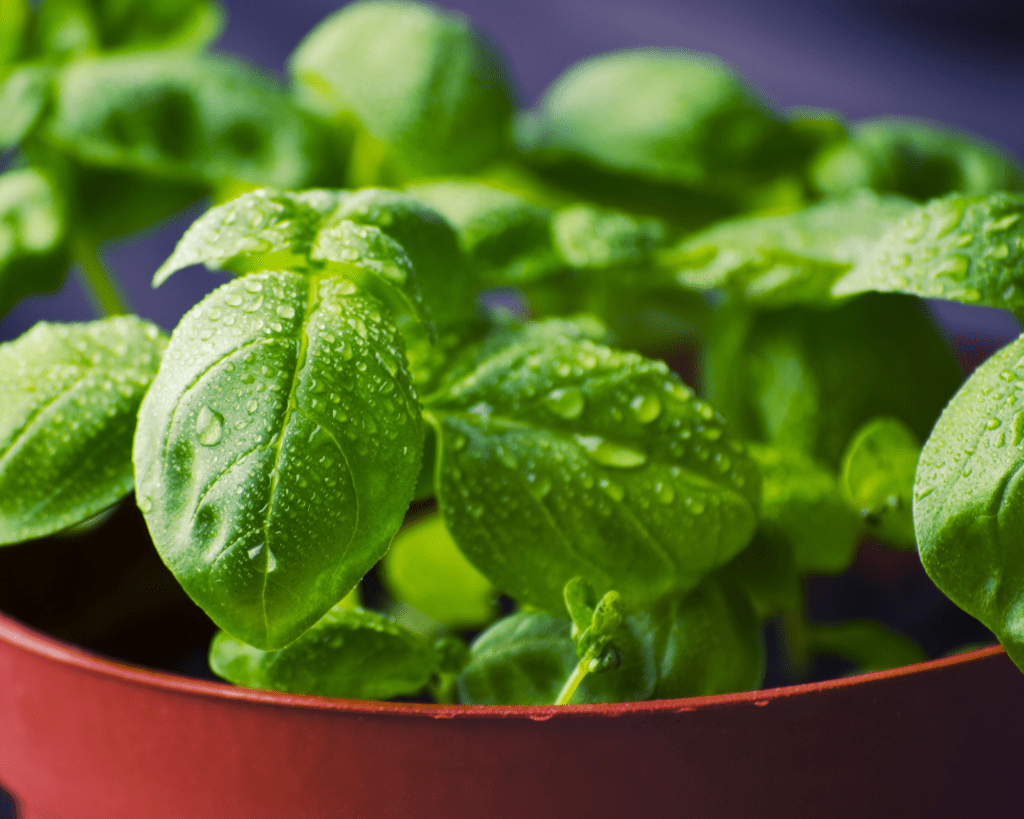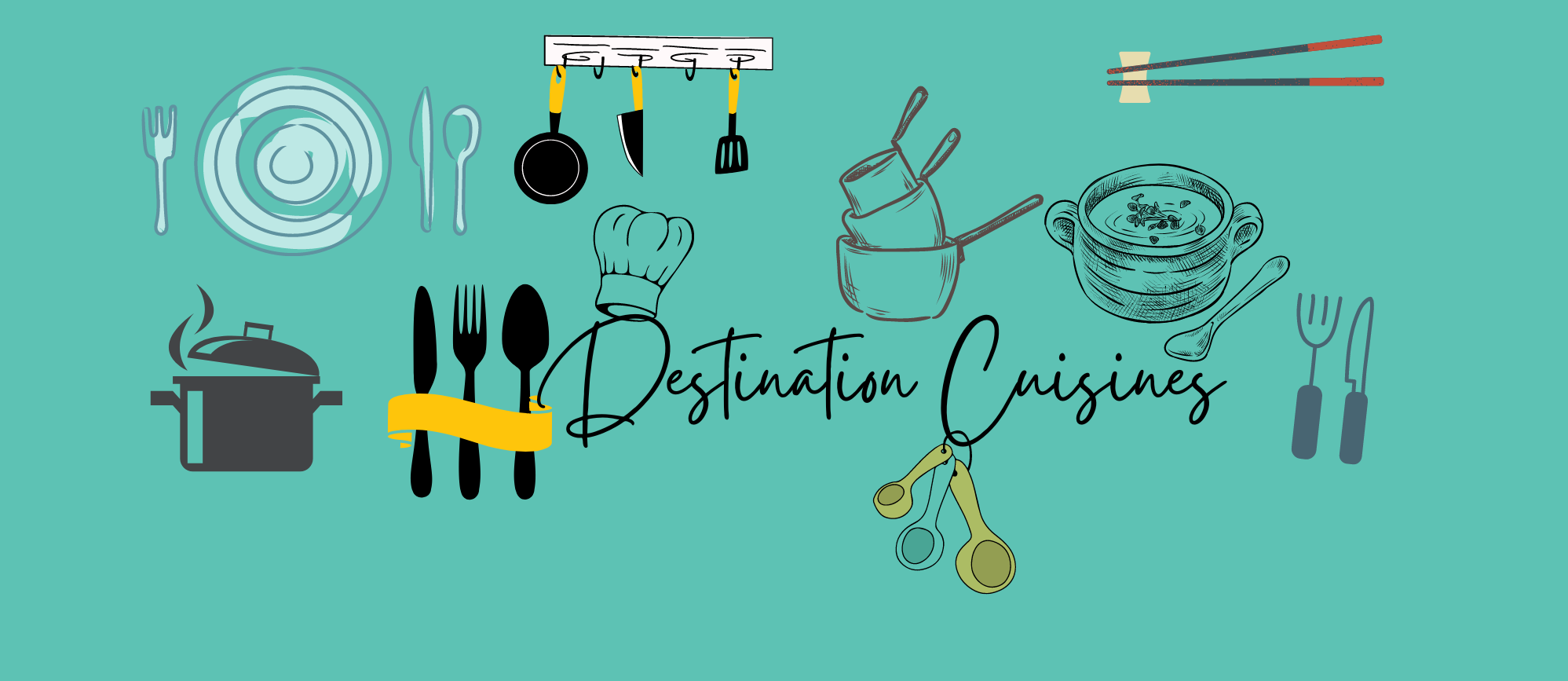“The Magic of Herbs in Cooking” Enhancing Flavors and Elevating Dishes.


When it comes to culinary wizardry, herbs are the enchanting ingredients that can transform an ordinary dish into an extraordinary culinary masterpiece. These fragrant, flavorful botanical wonders have been an essential part of the culinary world for centuries, adding depth, aroma, and vibrancy to a wide range of dishes. In this article, we will explore the magic of herbs in cooking, from their rich history to practical tips for using them in your kitchen.
A Brief History of Herbs:
Herbs have been utilized in cooking and medicine for thousands of years. Ancient civilizations, from the Egyptians to the Greeks and Romans, recognized the value of herbs for their culinary and medicinal properties. The use of herbs in cooking dates back to the earliest recorded culinary practices, where they were employed to enhance the taste of simple meals and preserve foods. Today, herbs remain a cornerstone of global cuisine, showcasing their versatility and aromatic allure.
The Role of Herbs in Flavor Enhancement:
One of the most remarkable aspects of herbs is their ability to elevate the flavor profile of a dish. Each herb possesses a unique combination of essential oils and compounds that can add depth and complexity to your culinary creations. For example:
- Basil: With its sweet and slightly peppery flavor, basil is the star of classic Italian dishes like Caprese salad and pesto sauce.
- Rosemary: This fragrant herb brings a woody and pine-like aroma to roasted meats and potatoes, making it a staple in Mediterranean cuisine.
- Cilantro: Cilantro’s bright, citrusy notes make it an essential ingredient in salsas, curries, and Mexican cuisine.
- Mint: Mint’s refreshing and cool taste enhances both sweet and savory dishes, from desserts to lamb dishes.
Practical Tips for Using Herbs in Cooking:
- Fresh vs. Dried:. Dried herbs are more concentrated, so use them sparingly. As a general rule, use three times the amount of fresh herbs if substituting with dried.
- Timing Matters: Add fresh herbs near the end of cooking to preserve their flavors. Dried herbs can be added earlier in the cooking process, allowing their flavors to meld with the dish.
- Experiment and Pairings: Don’t be afraid to experiment with different herbs to discover exciting flavor combinations. For instance, try pairing thyme and lemon for a zesty, herbaceous twist.
- Storage: Store fresh herbs in the refrigerator with their stems in a glass of water or wrapped in a damp paper towel. Dried herbs should be kept in a cool, dark place in airtight containers.
The Role of Herbs in Flavor Enhancement:
Herbs are a global culinary treasure, and their usage varies from region to region. Here are some examples:
- French Cuisine: French cuisine is renowned for its use of herbs like tarragon, chervil, and fines herbes, which add elegance to dishes like beurre blanc sauce.
- Thai Cuisine: Thai cuisine relies on herbs like lemongrass, Thai basil, and kaffir lime leaves for its distinctive and bold flavors.
- Indian Cuisine: Indian dishes feature a wide array of herbs and spices, with cilantro, mint, and curry leaves playing vital roles in various recipes.
Conclusion: The world of culinary herbs is a vast and aromatic realm waiting to be explored. Whether you’re an experienced chef or a novice cook, herbs are the secret ingredients that can take your dishes to new heights. So, the next time you’re in the kitchen, consider the magical touch that herbs can bring to your culinary creations, and let your taste buds embark on a flavorful journey around the world. Happy cooking!
